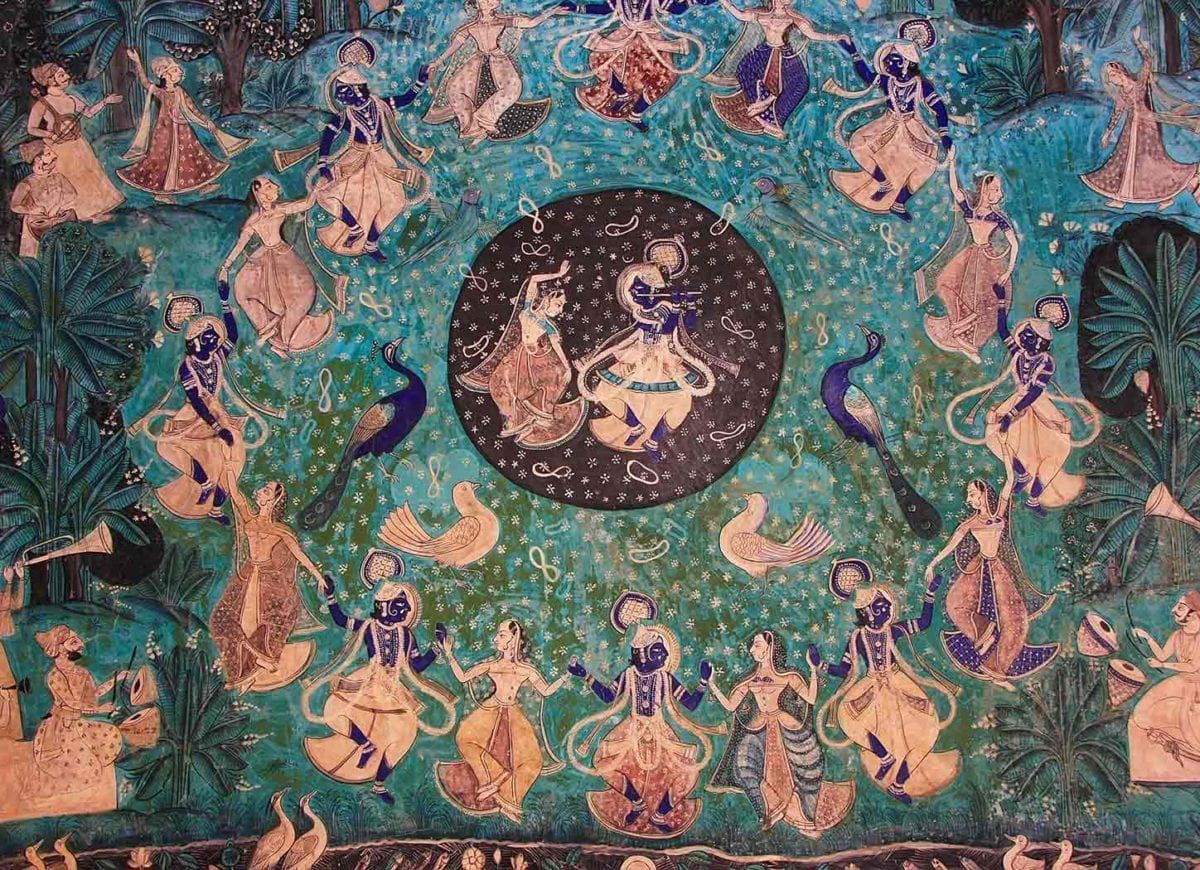I get all sorts of emails. They get filed and marked by a team of volunteers. Approximately 50% of the readers write to seek my opinion on their trials and tribulations of life. A whopping 30% email purely to show their gratitude and love. Some 10% share their own philosophical views. 1% (or a bit less) email asking me how they can help me or my cause.
The remaining 9% write only to express their hatred. They are sometimes annoyed by my views, offended by my writings, or upset over something or the other. And that’s fine. It’s a part of life. It’s impossible to keep everyone happy. Over the years, I have learned to insulate myself from the opinions of others. It’s neither natural nor easy, but anyone who wishes to bathe in the stream of inner bliss had better learn the art of indifference to the world’s opinion about them.
My mantra is very simple, at the end of the day (literally), before going to bed, I ask myself three questions. Did I give it my best shot? Did I speak and act mindfully? Did I help someone today? That’s all we can do, really. If you did everything you could to have a meaningful day, not hurt anyone’s sentiments, and you acted out of kindness, you are good. You’ve done all you could. And still, if someone or a group of people have an intense disliking for you, well, God help them.
Hatred is an incredibly forceful emotion. In fact, it is strangely, sadly, and wrongly empowering. It trumps sanity and compassion in the blink of an eye. Just look around and you’ll find plenty of religious fanatics to see what I mean. What’s worse, they don’t think they are being fanatical. And this is a classic symptom of hate: it makes you blind. I don’t have to elaborate on it; history has enough examples.
Martin Luther King, Jr. said beautifully, “Like an unchecked cancer, hate corrodes the personality and eats away its vital unity. Hate destroys a man’s sense of values and his objectivity. It causes him to describe the beautiful as ugly and the ugly as beautiful, and to confuse the true with the false and the false with the true.”
Sadly, somewhere, each one of us has a trace of hatred in us. It’s the hard truth. After all, hate is nothing but an intense feeling. As long as we have insecurities or fears (which almost everyone does), we are likely to have jealousy and hatred too. That doesn’t mean we have to live with these emotions though.
We can purify ourselves to remove every last hint of jealousy and hate from our very being. And the ritual of this inner purification does not start from meditation. Instead, it begins by practicing restraint of speech. So often, we utter hurtful, contemptuous, and inappropriate words directed at someone we have never met, aimed at someone who doesn’t even know us. Such words create a fertile ground for hatred.
I am reminded of a small incident from my childhood. A famous religious figure was accused of an immoral activity and he was at the center of some scandal. The news was all over the telly.
“Here’s the crook,” I said as soon as his image was flashed. “They all are crooks, in fact.”
“Son,” my mother intervened, “why badmouth someone you don’t even know? We don’t know the complete truth. We don’t know his reasons. Chances are we’ll never even meet him ever. He doesn’t know you either. Why form an opinion and pollute your own mind?”
I was about 8 or 9 years old at the time but somehow, it seeped into me.
“Besides,” she added, “if we don’t have anything nice to say, the least we can do is not spit at the other person.”
“Are you saying I should be quiet even if see something wrong?” I asked.
“No,” she replied instantly. “You should stand up against the wrong but here we are talking about speaking foul about someone who is not even listening to you at the moment. Your remarks are not reaching him in any way. Loathsome words will only breed contempt in you. Let’s look within ourselves first.”
Her words had a lasting impact on me because she stated what she practiced herself. I try my best to stay away from commenting on things or people I don’t really know about.
There will always be some who will dislike us and not everyone has to like us anyway. We can’t stop others from feeling a certain way about us. Besides, their hatred is not about you. It’s about what they think they know about you. It’s about what they think you ought to be like. It directly stems from a lack of understanding. You can only hate what you don’t understand because once you understand the other person or perspective, the energy of hatred transforms into compassion.
Mulla Nasrudin was traveling on a train. A lady next to him tried to get Mulla’s attention but he was busy reading his book. The lady sprayed a bit more perfume on her, she softly crooned a song, took out a mirror from her handbag and fixed her lipstick. She excused herself and got up a couple of times on the pretext of using the washroom. Mulla but remained engrossed in his book.
“Stop annoying me!” she yelled at him after a couple of hours.
“Excuse me,” Mulla replied in disbelief. “I haven’t said a word or even looked at you.”
“Exactly! I find it utterly annoying and unbearable.”
This is the anatomy of hate in a nutshell: we hate what we can’t stand (or understand). And whatever we can’t stand is entirely dependent on our own wisdom, preferences, perspective and upbringing.
The sad part is that hatred is something that we are taught. No one is born with it, it is not innate. When we have hatred in our hearts, it means that some person, ideology or incident has taught us how to hate. Which, subsequently and thankfully, also implies that it’s something we can unlearn. All unlearning (and learning) begins with mindfulness at four levels. One for another time.
We can choose what we learn. Hatred needn’t be one of them. Let’s learn things that purify our consciousness, uplift our soul and encourage us to walk the path of truth and compassion. For, noble conduct alone will uncover your inner beauty. Love is a million times more powerful than hate, for love creates space and makes mansions where hatred can’t even slip in.
What is love, you ask? Care, compassion, empathy and reciprocation make up love. When you are in love, these come naturally. Practice them in your heart and love will shine through every pore of your existence like the soft winter sun, soothing and warming everything around you.
Choose love over hate and you’ll never be disappointed.
Peace.
Swami
A GOOD STORY
There were four members in a household. Everybody, Somebody, Anybody and Nobody. A bill was overdue. Everybody thought Somebody would do it. Anybody could have done it but Nobody did it.
Don't leave empty-handed, consider contributing.It's a good thing to do today.









Comments & Discussion
11 COMMENTS
Please login to read members' comments and participate in the discussion.